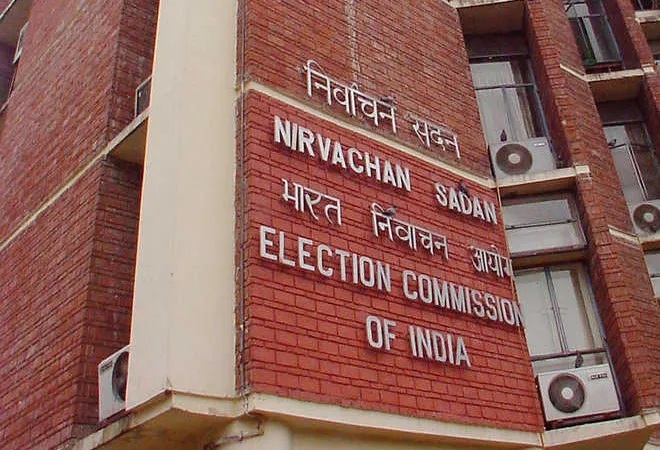‘Centre Brought In Law In 2003 To Ensure No Action Against ECI’
Aug 18, 2025 | Pratirodh Bureau
Karnataka minister Priyank Kharge's comments followed allegations made earlier in the day by Congress leader Rahul Gandhi, who claimed that votes of Congress supporters were being systematically deleted
On Sunday, Congress leader Rahul Gandhi launched a scathing critique of the Election Commission of India (ECI) following its recent press conference. He accused the Modi government of enacting a law in 2023 that effectively shields the poll body from any legal repercussions, claiming it is “helping” the Bharatiya Janata Party (BJP) and “indulging in vote chori” (vote theft) alongside them.
Speaking to a gathering in Aurangabad, Bihar, at the conclusion of the first day of his Voter Adhikar Yatra, which commenced in Sasaram earlier on Sunday afternoon, Gandhi expressed his concerns about the integrity of the electoral process. He stated, “Today they (ECI) held a press conference. I want to ask them why did the government change the law on CCTV footage of the election process?” This question underscores his belief that the changes made to the law are designed to obscure the electoral process and protect those in power.
Gandhi further elaborated on the implications of the 2023 law, which he claims prevents any legal action against election commissioners. “Do you know that no case can be initiated against the election commissioners? In no court in India can there be a case against them? This law was made in 2023. Why was this law made? It was made because Narendra Modi and Amit Shah want to ensure that no one can take any action against the ECI as it is helping them and is indulging in vote chori along with them,” he asserted. His remarks reflect a deep-seated concern about the erosion of democratic principles and the potential manipulation of the electoral process.
The Leader of Opposition in the Lok Sabha also criticized the Special Intensive Revision (SIR) of electoral rolls in Bihar, describing it as a tactic to “steal votes” from the people of the state. He emphasized the importance of safeguarding the democratic framework established by Dr. B.R. Ambedkar, stating, “It is a fight to protect Ambedkar’s Constitution and the principle of ‘one person, one vote.’”
In response to Gandhi’s allegations, Chief Election Commissioner Gyanesh Kumar defended the SIR process during a press conference in Delhi. He asserted that the initiative is intended to rectify shortcomings in voter lists and emphasized that the ECI does not discriminate among political parties. “Both ruling and opposition parties are equal before the poll authority,” Kumar stated, attempting to dispel the notion of bias within the commission.
However, the Congress party dismissed Kumar’s defense as “laughable,” indicating a lack of confidence in the ECI’s impartiality. This exchange highlights the growing tensions between the opposition and the ruling party, particularly regarding the integrity of the electoral process in India.
Gandhi’s remarks and the subsequent responses from the ECI reflect a broader narrative of distrust in the electoral system, with the Congress party positioning itself as a defender of democratic values against what it perceives as authoritarian tendencies within the current government.
As the Voter Adhikar Yatra continues, it remains to be seen how these allegations and counter-allegations will shape the political landscape in the lead-up to the elections. The discourse surrounding electoral integrity and the role of the ECI is likely to remain a focal point in the ongoing political dialogue.
